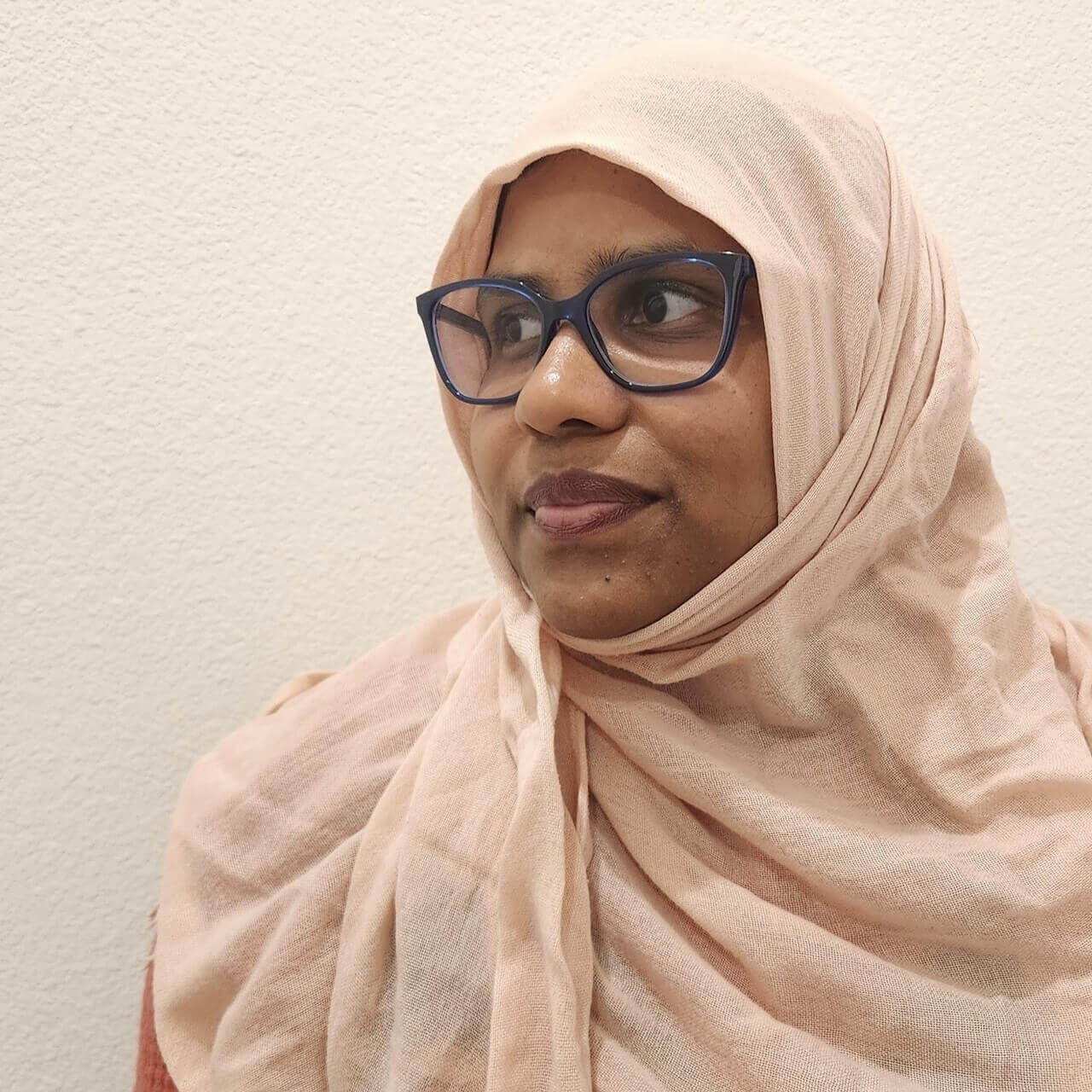A strong marriage is built on love, understanding, and shared values, but sometimes, even with the best intentions, couples can grow apart. Divorce is a harsh reality, and it often leaves individuals feeling uncertain about the future. However, Islam offers a compassionate path forward, allowing for remarriage when the time is right. After experiencing the challenges of divorce, many people seek a fresh start—whether to find peace, provide stability for their children, or to rediscover happiness. In these moments, premarital coaching becomes essential. With guidance from a Muslim coach, you can approach remarriage with clarity and confidence, addressing past issues and building a new relationship on a solid foundation of trust, respect, and shared values.
Divorce in Islam: A Compassionate Approach
The Process of Divorce–Steps to Ensure Justice and Compassion
Divorce, or Talaq in Islamic terminology, is recognized as a legitimate option in Islam, albeit one that should be approached with caution and gravity. The Prophet Muhammad (peace be upon him) said, “Of all the lawful acts, the most detestable to Allah is divorce” (Sunan Ibn Majah). This hadith reflects the seriousness with which divorce is regarded in Islam, emphasizing the need for careful consideration and sincere efforts at reconciliation before proceeding.
Steps in the Divorce Process
- Consultation
Before getting divorced, both parties should seek guidance from knowledgeable Islamic scholars or Muslim marriage coaches to explore all possible avenues of reconciliation.
- Pronouncement of Talaq
If reconciliation efforts fail, the husband can pronounce Talaq. Contrary to popular belief, only one talaq should be issued. It is biddah to say all three talaqs in one sitting.
- Iddah (Waiting Period)
After the pronouncement of divorce, the wife must observe her iddah, which is a waiting period of three menstrual cycles, to ensure no pregnancy. During this time, the husband retains financial responsibility for his wife and if the couple wishes to do so they can reconcile if only 1 talaq was issued.

Islamic Remarriage: A New Chapter After Divorce in Islam
The Importance of Remarriage in Islam
Islam recognizes the importance of companionship and offers a compassionate path for those who have gone through the challenges of divorce. Remarriage is encouraged to fulfill emotional, spiritual, and physical needs while maintaining societal harmony. The Quran supports remarriage, stating:
فَإِذَا بَلَغْنَ أَجَلَهُنَّ فَلَا جُنَاحَ عَلَيْكُمْ فِيمَا فَعَلْنَ فِي أَنفُسِهِنَّ بِالْمَعْرُوفِ ۗ وَاللَّهُ بِمَا تَعْمَلُونَ خَبِيرٌ
“And when they have fulfilled their term, there is no blame upon you for what they do with themselves in an acceptable manner. And Allah is Fully Aware of what you do.” (Quran 2:234)
This verse emphasizes the permissibility and encouragement of remarriage after divorce, ensuring that individuals can move forward with dignity and respect according to Islamic principles.
Remarriage is not just an option, but can be a source of healing and growth, allowing both individuals to rebuild their lives and learn from past experiences. It is essential to approach remarriage with a clear understanding of one’s rights and responsibilities, ensuring the new union is built on mutual respect, love, and faith.
Common Challenges in Remarriage and How to Overcome Them
Building Trust and Understanding in a New Relationship
Remarriage after divorce comes with its own unique set of challenges. The ability to trust, which may have been shattered in the previous marriage, must be relearned. Additionally, blending families, especially when children are involved, can require careful navigation and patience.
Tips for a Successful Remarriage
- Open Communication
It is essential to have clear and honest communication, which is the cornerstone of any successful relationship. Make time to discuss expectations, boundaries, and any lingering fears.
- Seek Guidance
Another step is to get help from Marriage Coaches who can provide effective advice and strategies to build a strong and faith-based relationship.
- Patience and Prayer
As with any significant life change, patience is vital. Regular prayer and seeking Allah’s guidance through Dua can provide spiritual strength and clarity.
Quranic Guidance on Divorce and Remarriage
The Quran offers profound guidance on divorce and remarriage, ensuring these processes are handled with wisdom and compassion. Here are three essential verses to reflect upon.
- Divorce Should Be Done with Kindness:
“وَإِذَا طَلَّقْتُمُ النِّسَاءَ فَبَلَغْنَ أَجَلَهُنَّ فَأَمْسِكُوهُنَّ بِمَعْرُوفٍ أَوْ سَرِّحُوهُنَّ بِمَعْرُوفٍ…”
“And when you divorce women, and they fulfill their term [of their Iddah], either retain them according to acceptable terms or release them with good treatment…” (Quran 2:231).
This verse emphasizes the importance of kindness and respect during the divorce process.
- Compassion in Marriage
“وَعَاشِرُوهُنَّ بِالْمَعْرُوفِ ۗ فَإِن كَرِهْتُمُوهُنَّ فَعَسَى أَنْ تَكْرَهُوا شَيْئًا وَيَجْعَلَ اللَّهُ فِيهِ خَيْرًا كَثِيرًا“
“And live with them in kindness. For if you dislike them – perhaps you dislike a thing, and Allah makes therein much good” (Quran 4:19).
This verse reminds us that marriage, including remarriage, should be approached with kindness and the belief that Allah may bring goodness from it.
A Fact to Consider–The Impact of Divorce on Mental Health
It’s essential to acknowledge that divorce can have significant mental health implications. Studies have shown that divorced individuals are at a higher risk of experiencing depression and anxiety. However, those who remarry often find that a supportive relationship can help alleviate these challenges and bring about renewed emotional well-being. This highlights the importance of seeking a new spouse and a partner who can provide emotional and spiritual support.
FAQs on Divorce and Remarriage in Islam
Q1: Is divorce allowed in Islam?
Yes, divorce is permissible in Islam, though it is considered a last resort. Islam encourages reconciliation and provides a structured process to ensure fairness and compassion.
Q2: Can a divorced woman remarry in Islam?
Yes, a divorced woman can remarry after completing her Iddah period. Islam encourages remarriage, mainly when it provides companionship and stability.
Q3: What if I regret my decision to divorce?
If the husband only issued one or two talaqs, then they can reconcile with their spouse during the Iddah period. After the Iddah, a new marriage contract would be required to reunite.
Q4: How can I ensure my remarriage is successful?
Focus on clear communication, mutual respect, and seeking guidance from knowledgeable scholars or marriage coaches. Regular prayer and spiritual reflection can also strengthen your new relationship.
Q5: What is the role of a Marriage Coach in remarriage?
Marriage Coaches provide personalized advice and strategies to help you navigate the complexities of remarriage, ensuring that your new union is grounded in Islamic principles and mutual understanding.
How Ihsan Coaching Helps Through Premarital Coaching
At Ihsan Coaching, we understand the challenges of divorce and remarriage. Our experienced Marriage Coaches provide support to help you navigate these life transitions with faith and confidence. Whether you’re considering remarriage or looking to strengthen your current relationship, our coaching services are designed to guide you on every step, ensuring that your new beginning is built on a solid foundation of Islamic principles and mutual respect.





